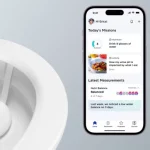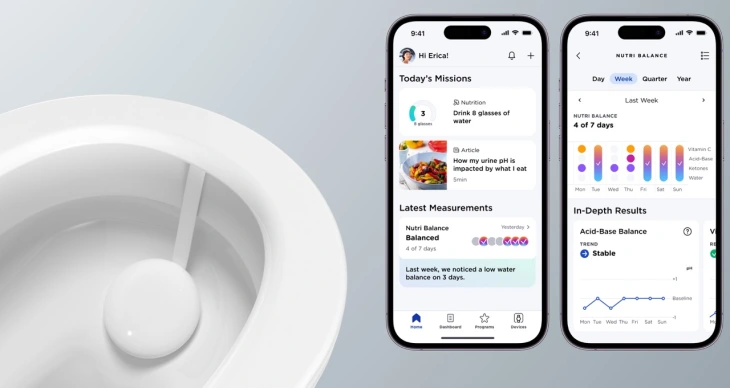A new study conducted by Emily Pfender, a doctoral student studying health communication at the University of Delaware, suggests that social media influencers may be misleading their followers when discussing their experiences with natural family planning or fertility awareness methods as an alternative to hormonal birth control. Pfender found that many influencers on YouTube were sharing content about discontinuing hormonal birth control in favor of fertility awareness methods, but were not providing accurate or complete information about the risks and effectiveness of these methods. The study highlights the potential for influencers to mislead their followers, and the need for accurate information to be provided alongside personal experiences.
The debate over this topic, along with the understandable urgency people feel to make choices that boost their mental health and well-being, creates a big opportunity for influencers to portray fertility awareness methods as the answer. But the study found that the influencers did not always share comprehensive or accurate information. For example, some influencers mentioned using Daysy, a hormone-free fertility tracking product, and touted it as highly effective without mentioning that, in 2019, the study used to prove its efficacy was retracted because of methodological flaws.
In conclusion, The study suggests that followers may be misled by influencers who are eager to share their own journey, even if their insights could lead to unwanted or unplanned pregnancy for someone else. It is important for social media users to be critical of the information they receive from influencers and to seek out accurate and reliable sources of information when making decisions about their health.






